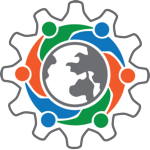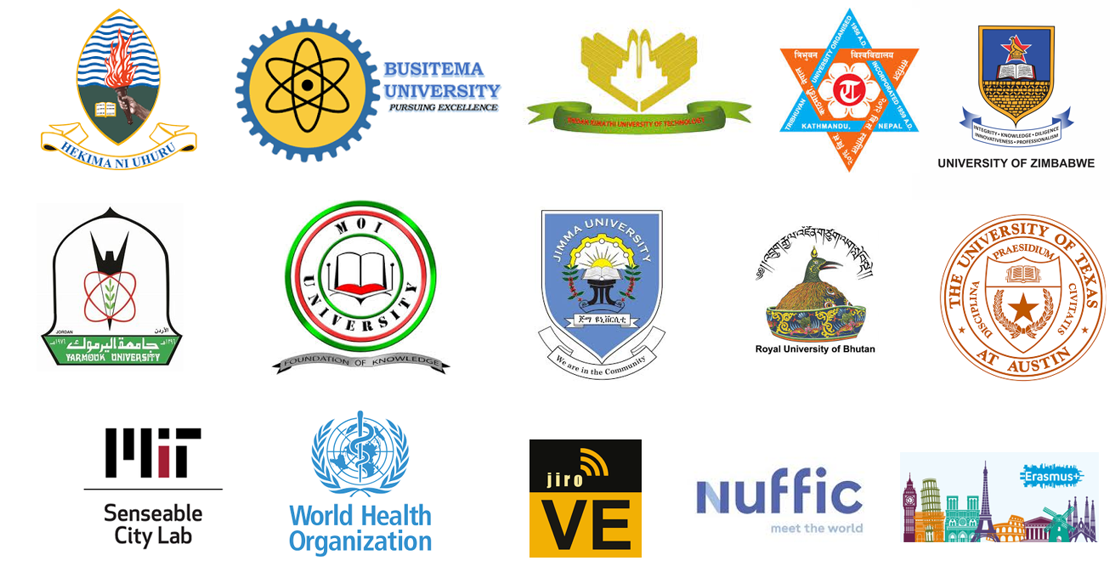GENERAL INFORMATION
The research group of Humanitarian Engineering is positioned in the Department of Design, Production and Management (DPM) and focuses on new theories, methodologies and tools in three transdisciplinary domains:
- Humanitarian engineering design: appropriate and sustainable technological interventions for short- and long-term scenarios; operation and maintenance; manufacturing; restitution.

- Design for social justice and equity: sustainable community design; stakeholder engagement; technology acceptance; responsible contextual, cultural, and social considerations; systems thinking; equity and inclusion; enhancing capabilities.
- Educational design for vulnerable communities: community-based education; service-based education; challenge-based learning with communities; curriculum development.
EDUCATION
Bachelor courses
Master courses
New Master’s IN HUMANITARIAN ENGINEERING
The brand-new Master’s in Humanitarian Engineering starts in September 2025.
STUDENT ASSIGNMENTS
Our group is offering a variety of Bachelor’s or Master’s graduation assignments and Capita Selecta assignments.
Here you can find an overview of available topics. If you do not find a suitable assignment in the list, we encourage you to contact one of the group members.
PROJECT
More info about our projects is available HERE!
Orange Knowledge Programme - Tailor-Made Training
"Learning & development for a Sustainable future for refugees & host communities to promote co-existence and Socio-Economic Development: The overall objective of this project is to contribute to increased quality education and vocational training for refugees and internally displaced persons and host communities in Jordan and Lebanon. Specifically, this project aims to Train the Trainers at requesting organisations to enable them to remove barriers on student pathways to and during tertiary education
Edubox
EDUbox is a self-contained, off-grid and modular learning environment, part of our Humanitarian Engineering action. The EDUbox is funded through the Orange Knowledge Programme TMT+ project, sponsored by Nuffic and the Dutch Ministry of Foreign Affairs and acquired by Dr. Alberto Martinetti, Dr.ir. Peter Chemweno (DPM-ET Department), Belink Academy (Nesar Moshtaq, Arash Kargar) and Yarmouk University to provide technical vocational education and training (TVET) to underserved communities. The EDUbox is managed by EDUBox stichting (kvk: 83891560).
Curricula Development with the University of Mosul and Polytechnic University of Erbil (Iraq)
The aim of the project was to align the curricula of some technical programmes to Bologna standards. The project involved courses such as CAD, Damage Assessment etc...
AFFILIATIONS & INFORMATION FOR organisations
Organisations, NGOs and Knowledge Institutes interested in the research of the Humanitarian Engineering group are also very much encouraged to contact Alberto Martinetti and Peter Chemweno. We are interested in the possibility of doing research at/with companies and providing professional education.
STAFF
NEWS
PODCAST
COLLABORATIONS
Our Humanitarian Engineering group works and collaborates with several Universities, organisations and social entrepreneurs around the world.

LATEST PUBLICATIONS
2024
Nizamis, N., & Trauernicht, N. (2024). An Interactive Framework: Understanding Community Desires Through Participatory Video. In An Interactive Framework: Understanding Community Desires Through Participatory Video (IEEE Global Humanitarian Technology Conference (GHTC); Vol. 2024). IEEE. https://doi.org/10.1109/GHTC62424.2024.10771578
Haanyika, Z., Trauernicht, N., Martinetti, A., & Lutters, E. (2024). Is Humanitarian Aid Funding Fair and Square? Correlating Social Justice to Humanitarian aid Utilisation. In Is Humanitarian Aid Funding Fair and Square? Correlating Social Justice to Humanitarian aid Utilisation (Proceedings IEEE Global Humanitarian Technology Conference (GHTC); Vol. 2024). IEEE. https://doi.org/10.1109/GHTC62424.2024.10771547
Trauernicht, N., Miguda, H., & Martinetti, A. (2024). Design guidelines for HAWT / VAWT decision-making in the context of underserved communities. Procedia CIRP, 128, 448-453. https://doi.org/10.1016/j.procir.2024.03.025
Martinetti, A., Trauernicht, N., & Chemweno, P. K. (2024). Learning from strangers: transferability of current principles for designing inclusive area-based settlements to learning factories in resource-limited settings. Procedia CIRP, 128, 215-220. https://doi.org/10.1016/j.procir.2024.07.048
Chemweno, P. K., Ghafoorpoor Yazdi, P., Berends, M., Bruijnjé, M., Martinetti, A., & Trauernicht, N. (2024). Learning Factory Concept Tailored for Engineering Programmes for Underserved Communities. In S. Thiede, & E. Lutters (Eds.), Learning Factories of the Future - Proceedings of the 14th Conference on Learning Factories 2024 (pp. 75-82). (Lecture notes in networks and systems; Vol. 1060). Springer. https://doi.org/10.1007/978-3-031-65400-8_9
Martinetti, A., Trauernicht, N., Dietrich, M. Chemweno P. (2024). EDUBox: finding suitable locations for off-grid mobile classrooms in the context of underserved communities. Int J Humanitarian Action 9, 7. https://doi.org/10.1186/s41018-024-00149-6
2023
Jakubeit, N. N., Richards, C. C., & Martinetti, A. A. (2023). Designing a problem analysis toolkit in the context of humanitarian engineering. Procedia CIRP, 119, 1065-1070.
Frank, J., Petrová, N., Chemweno, P. K., & Martinetti, A. (2023). Educating for integrity: Blending the liberal arts and humanitarian engineering. In Proceedings of the 19th International CDIO Conference
Jakubeit, N., Petrová, N., Chemweno, P. K., & Martinetti, A. (2023). Integrating challenge-based learning into a mobile classroom environment for Jordanian camp refugees: a position paper. In The refugees in Jordan: A future vision
Martinetti, A., Chemweno, P. K., de Wit, E., Steendam, J., & Nashwan, A. (2022). EDUBOX: A self-contained engineering, learning environment for underserved communities. Paper presented at 18th International CDIO conference 2022, Reykjavik, Iceland.








